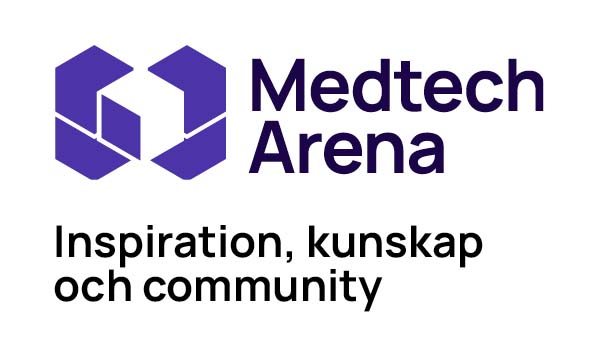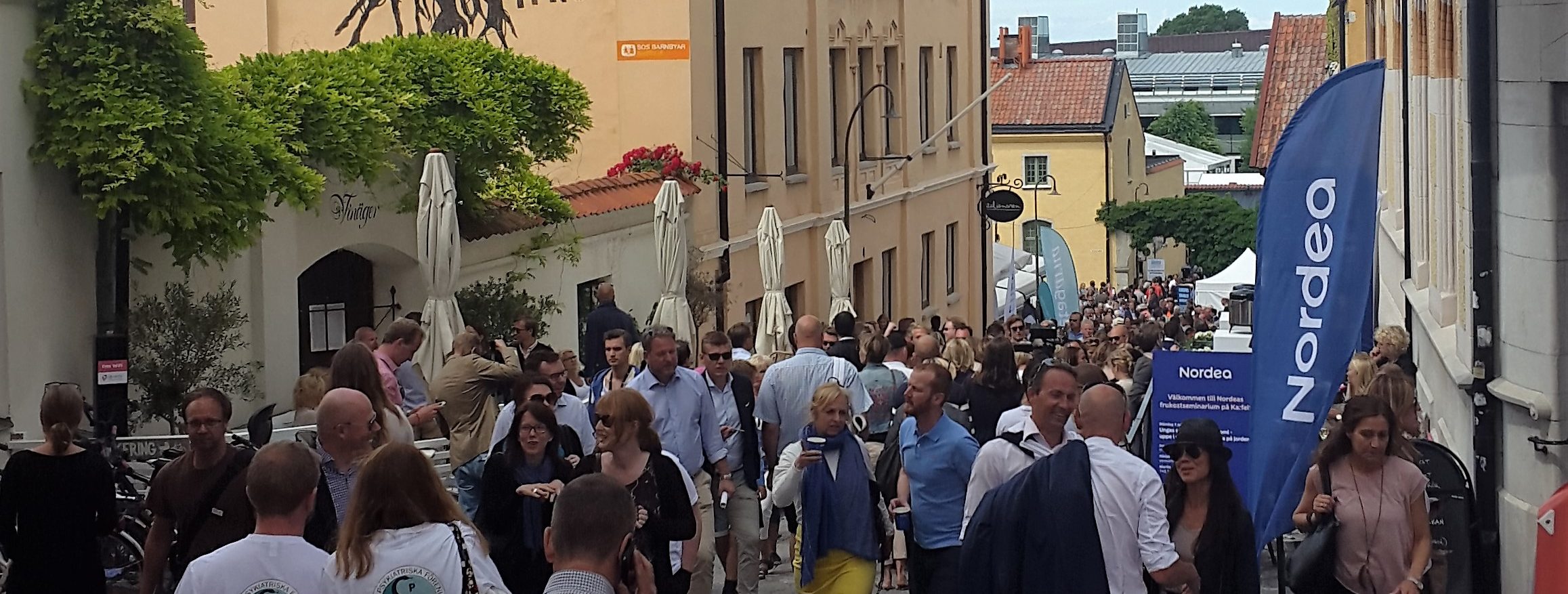It is a well-known fact that healthcare needs to change in order to be more efficient. This is necessary because of our ageing population. Medtech can save lives, increase patient involvement and save money. But for medical-technical innovations to be implemented calls for courage and inspiration from us all.
Medical technology saves lives, improves the quality of life for many and has the potential to give more and better healthcare – a better return for the money we invest.
It is true that the implementation of medical-technical innovations often calls for changes in work practice. This can cause unease, which may in turn delay or undermine the positive effects of innovations. This barrier to medtech is real, but we invite you to join us to talk about opportunities. Both the opportunities of medical-technical innovation and the opportunities that exist to overcome unease.
Our panel of experts have all made the journey.
David Fredman shares his experiences from the introduction of the app SMS Lifesaver in Stockholm and beyond. With the help of the app, potentially three million Swedes who have gone through CPR training stand ready to help their fellow citizens.
Jenny Ferry Medical-technical economist and motivator from Västerbottens läns landsting will add her thoughts on how to motivare staff by unusual collaborations.
James (Jim) Scheulen of the Johns Hopkins Hospital in Baltimore brings an international perspective from the implementation of the Capacity Command Center.
With reservations for modifications in the above. See also Almedalsprogrammet (in Swedish)
Place: Fysiken in Hälsodalen.
Time: Wednesday 5th July 10:30-11.15




